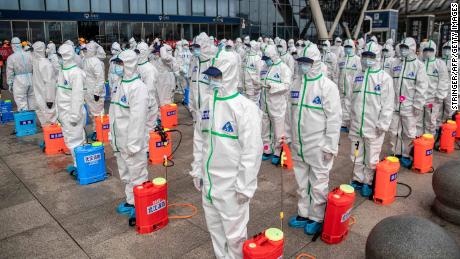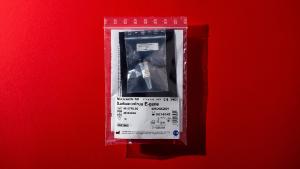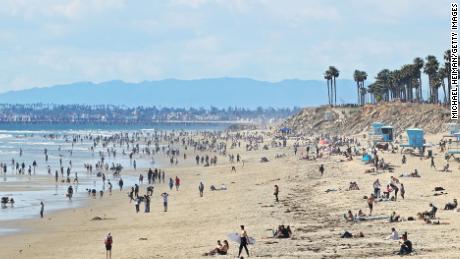Video reveals lung damage in US coronavirus patient: 'People need to take this seriously'
A video shows the lungs of a man who had been asymptomatic a few days earlier.
Coronavirus may claim 80,000 in US
COVID-19 could lead to more than 80,000 deaths in the US and overwhelm hospital capacity nationally in early April, predicted the Institute for Health Metrics..
Zubaida to coordinate Khaleda’s treatment
Bangladesh Nationalist Party chairperson Khaleda Zia’s eldest daughter-in-law Zubaida Rahman will coordinate the treatment of Khaleda,..
China is trying to revive its economy without risking more lives. The world is watching
China is trying to jump-start its huge economy without triggering a second wave of coronavirus cases. It's a high-stakes experiment that could provide ..
A coronavirus test can be developed in 24 hours. So why are some countries still struggling to diagnose?
In the first week of January, reports emerged that a mysterious new form of pneumonia had affected dozens of people in the China. Some were in a critical condition..
Omar Abdullah released from months-long detention
Omar Abdullah, the former chief minister of Indian-administered Kashmir, has been released after nearly eight months in detention, reports BBConline..
India in total lockdown from midnight Tuesday: Modi
India’s 1.3 billion people will go under ‘total lockdown’ for 21 days to combat the spread of the coronavirus pandemic, prime minister Narendra Modi said Tuesday...
People in the West are ignoring advice to stay home. That's because it's too confusing, one expert says
In these times of extraordinary global turmoil, the weekend came as a welcome break for many. But anyone looking at the cyclists and runners crowding New York's parks,..
Hong Kong appeared to have the coronavirus under control, then it let its guard down
Only a week ago, Hong Kong seemed like a model for how to contain the novel coronavirus, with a relatively small number of cases despite months ..
Dollars vs. deaths is the sickening choice created by coronavirus
How many lives is the world economy worth? That's not a trite oversimplification. It is an open question being raised by President Donald Trump.




















